Description
ABSTRACT
The 2007 Rules of Professional Conduct for Legal Practitioners: Issues Arising
Dr. Moses Ediru*
This work focuses on the exogenous and endogenous vitiating elements impugning on the validity of the 2007 Rules of Professional Conduct for Legal Practitioners. Under the exogenous vitiating elements prime attention is given to the implication of the transmutation of the scope of the authority granted the Bar Council to make the Rules and the expression of the authority in the enacting clause of the Rules. On the other hand, the endogenous vitiating elements deal with the substantive provisions of the Rules in the light of the ultra vires doctrine. Some of the findings in the work are that; (1) the 2007 Rules of Professional Conduct for Legal Practitioners was made without appropriate authority, (2) the provisions on Mandatory Continuing Professional Development (MCPD), Seal and Stamp are ultra vires the enabling Act. In the circumstance, this work holds the view that the regulation of legal practice in Nigeria reverts to the pre-2007 Rules of Professional Conduct for Legal Practitioners.
INTRODUCTION
This work sets out to examine some vitiating elements of the 2007 Rules of Professional Conduct for Legal Practitioners (RPC). It seeks to differentiate between those vitiating elements impugning on the validity of the Rules and those which merely raise the issue of ultra vires. The former which are exogenous,1 deal with the expression of the authority for making the Rules, whereas, the latter deal with the provisions of specific rules that are endogenous.2 Concerning the exogenous vitiating elements, both the preamble to the Rules and the signature segment shall be examined. To properly do this, samples of expressions of authorities for exercising powers conferred on corporation-sole3 and corporation-aggregate4 shall be compared with a view to illuminating the invalidity of the 2007 Rules of Professional Conduct for Legal Practitioners.
On the other hand, the examination of the endogenous vitiating elements shall focus on the provisions of specific rules on Mandatory Continuing Professional Development (MCPD), seal and stamp as well as courtroom decorum when a lawyer appears in person in a case. As earlier noted the issue raised by the above specific rules borders on ultra vires which is a challenge not on the authority to make the 2007 Rules as a whole but of the lack of power to deal with the subject-matters concerned. To open the way for the discussion on the vitiating elements, this work, considers it expedient to cursorily look at the preliminary issues of the nature, scope and purpose of the Rules of Professional Conduct for Legal Practitioners. No doubt, this segment will prepare the mind of readers for the substantive issues raised and argued in this work.
* B. Pharm (Hons), LL.B (Hons), LL.M, Ph.D., BL, mpsn, mnim, npn. Lecturer, Faculty of Law, Benue State University, Makurdi
- Caused by factors from outside the organism or system
- Caused by factors from inside the organism or system
- Garner, B. A., Black’s Law Dictionary (8th edn, St. Paul, MN: West Publishing Co. 2004) 366 defines ‘corporation sole’ as “a series of successive persons holding an office; a continuous legal personality that is attributed to successive holders of certain monarchical or ecclesiastical positions, such as kings, bishops, rectors, vicars, and the like. This continuous personality is viewed, by legal fiction, as having the qualities of a corporation”
- ibid, 366, ‘corporation aggregate’ is defined as “… the typical corporation, which, at any given time, normally contains a number of individuals as members. This number may be great or small, varying from the hundreds of thousands of burgesses of a large borough to the two members of a private joint stock company. It is even said that a corporation aggregate would not necessarily cease to exist if all its members died leaving no successors…”

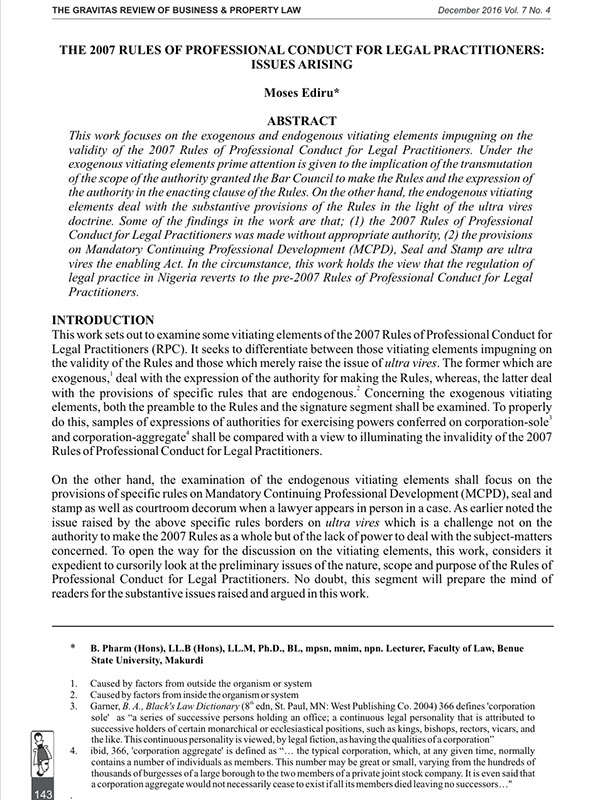
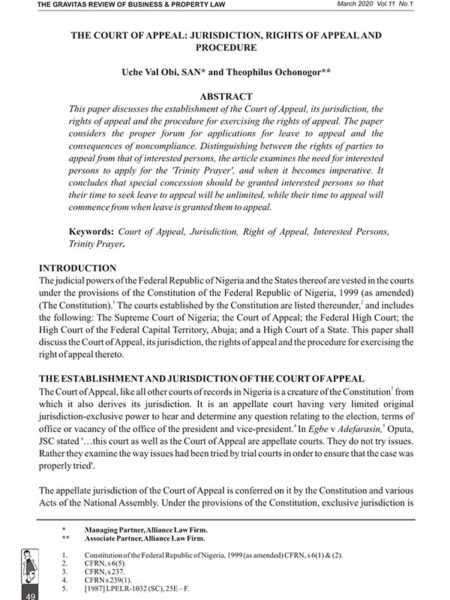
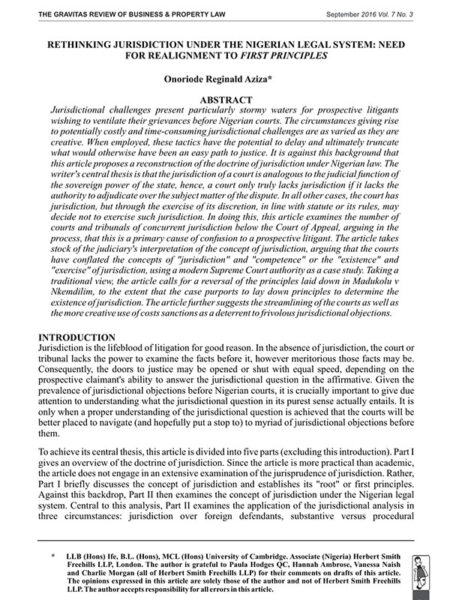
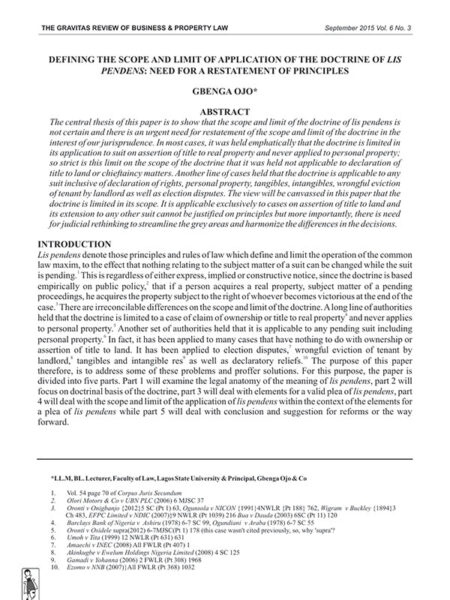
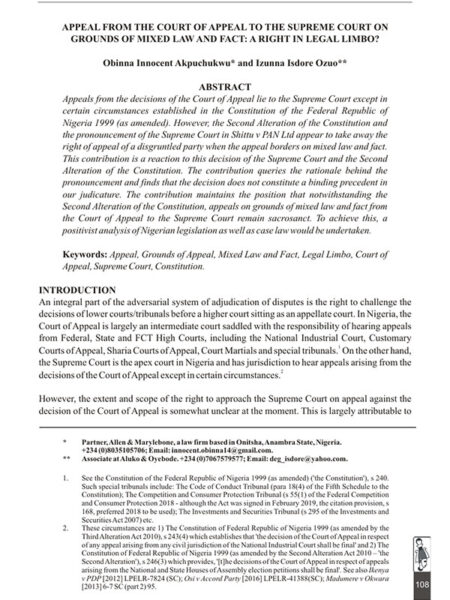


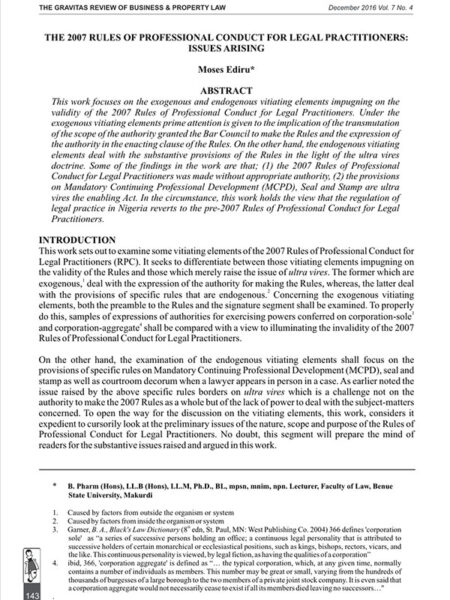
Reviews
There are no reviews yet.